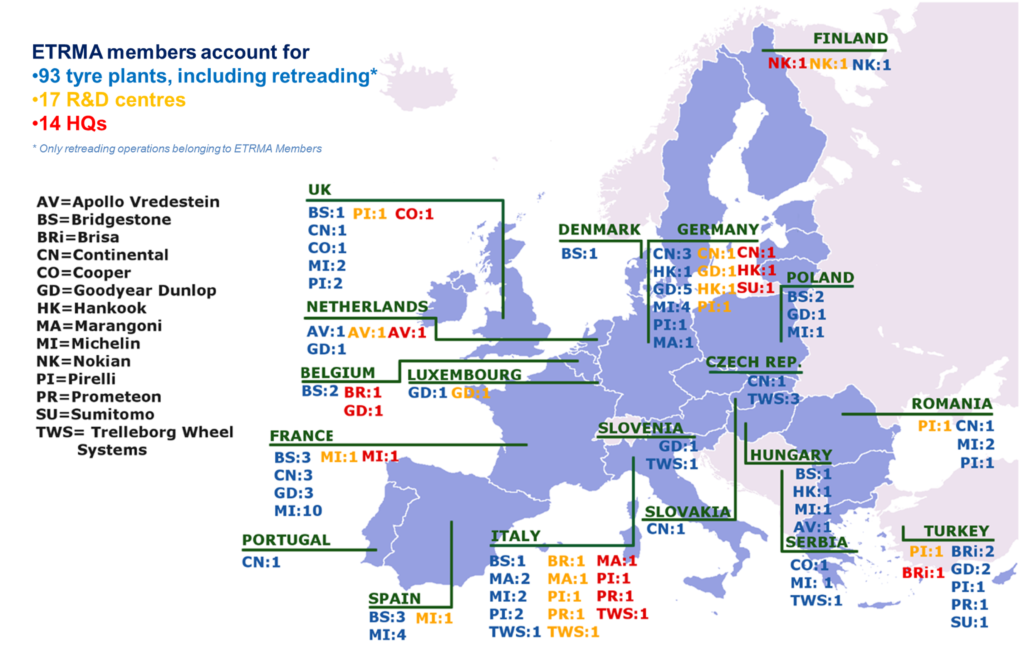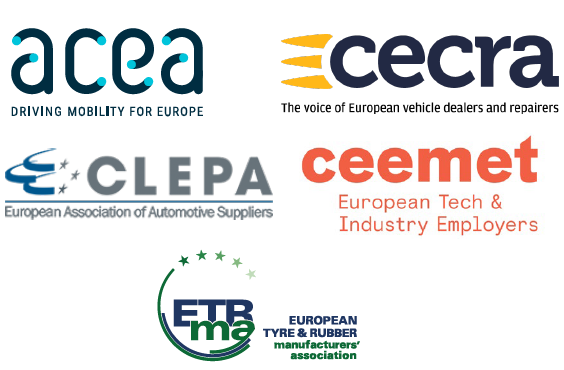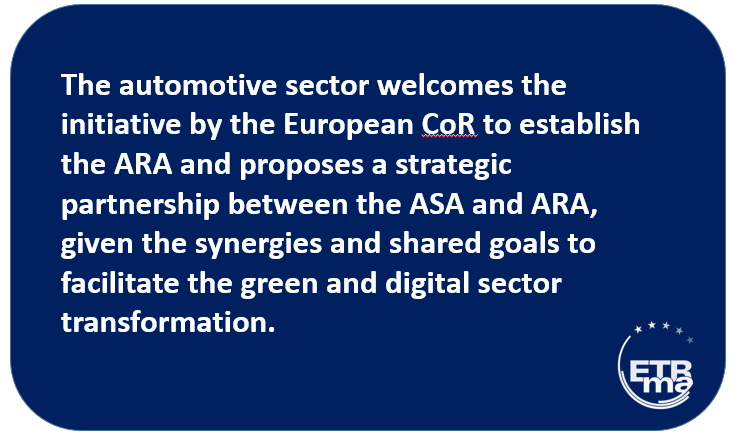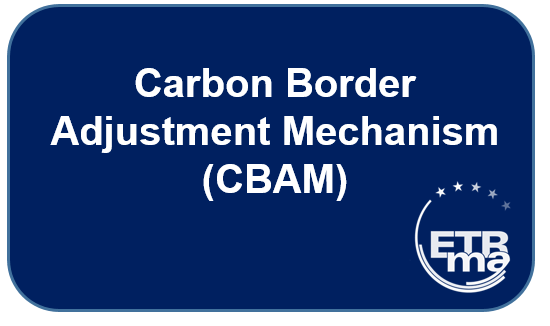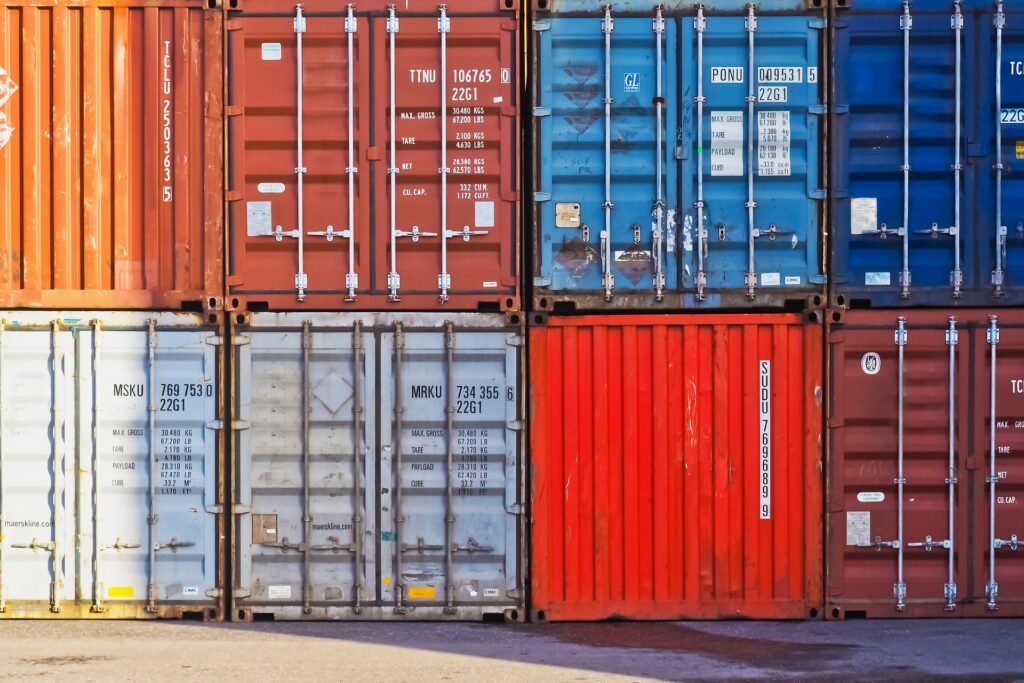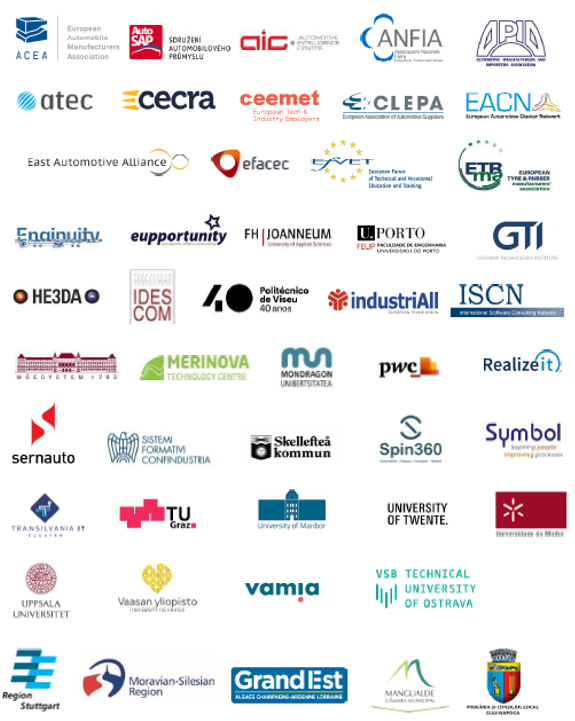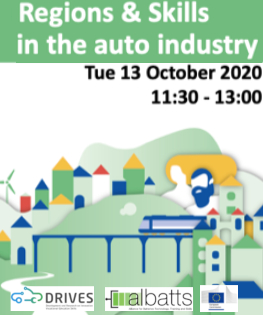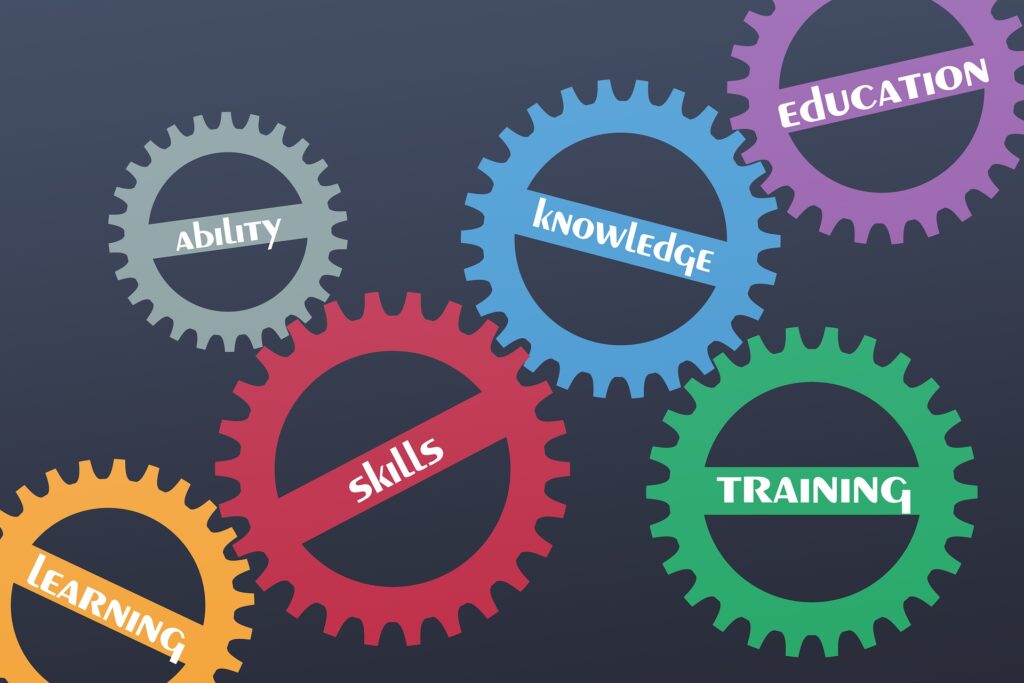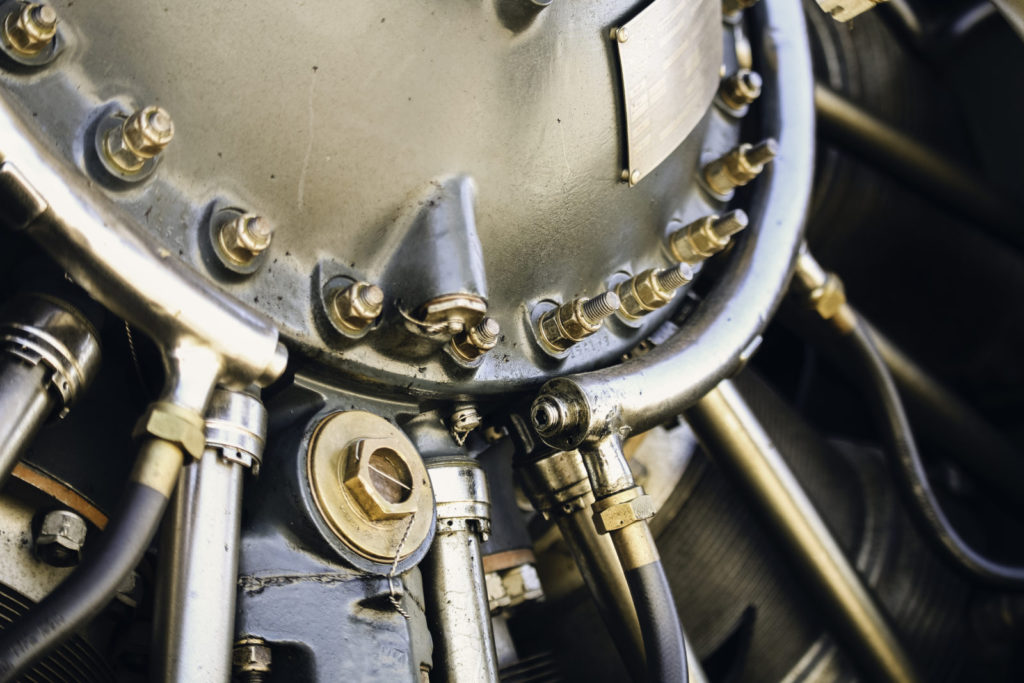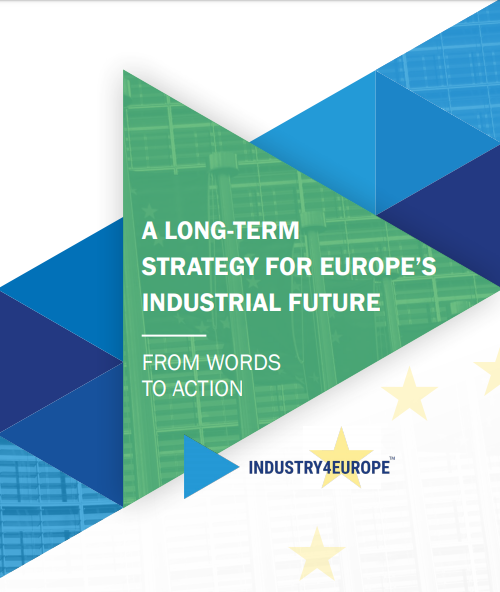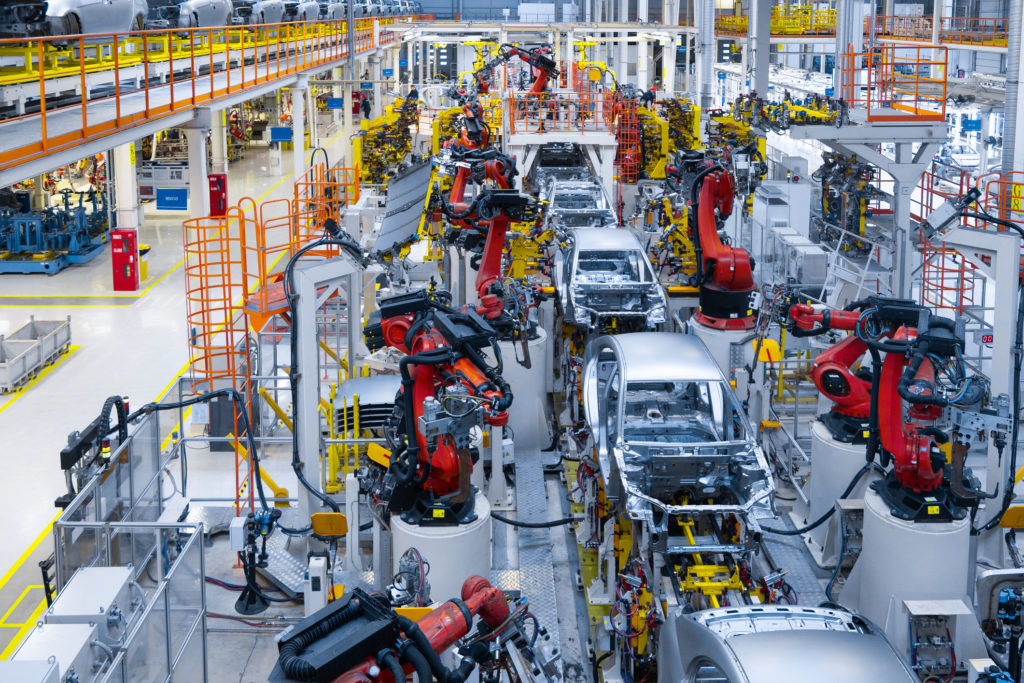Industry Competitiveness
INDUSTRIAL STRATEGY FOR EUROPE
In February 2017, 130 industrial sectors adopted for the first time a Joint Declaration in which they called on the European Commission to adopt a long-term Action Plan to tackle the challenges that the industrial sectors are facing.
After the publication on 13 September 2017 of the communication on “Investing in a smart, innovative and sustainable Industry – A renewed EU Industrial Policy Strategy”, the signatories of this joint paper – representing a wide range of industrial sectors – came together to analyse the document and react by identifying key objectives and/or missing measures that should be at the heart of any ambitious EU industrial strategy.
In November 2019, the Coalition published a new joint paper calling for a long-term industrial strategy that builds on the fundamental EU principles of Better Regulation, a functioning internal market, support for research and innovation as well as for a global level playing field.
GEAR 2030
On 26 January 2016 the European Commission launched GEAR 2030. This high-level group was created to ensure a coordinated approach and to address the challenges faced by the European automotive industry.
GEAR 2030 was composed by 25 members consisting of national authorities and organisations. ETRMA is one of the industry representative organisations.
GEAR 2030 debated the main challenges for the automotive industry for the next 15 years and published its final report in October 2018.
ETRMA was particularly pleased with the emphasis that the report put on three elements: the need for legislation to be predictable, reliable and enforced; the urgency for the EU to reinforce the institutional and industrial dialogues with major trading partners towards market access as well as a fairer trade worldwide; the impact of automation and connectivity in shaping the automotive industry of the future, including the need to access in-vehicle data for the entire automotive value-chain.
All these elements – and others such as the importance of anticipating and developing the right skills for the jobs of the future – are essential to maintaining and fostering the competitiveness of the tyre industry.
SKILLS essential to the competitiveness of the tyre and rubber industry
As underlined by DG Employment in its 2015 Management Plan, in the EU “Severe unemployment coexists with an ageing workforce, shortages of skilled workers and skill mismatches”. This mismatch was also identified by CARS21 and confirmed as an issue in GEAR 2030. As a result, the European Automotive Skills Council was launched in 2015 to identify the drivers of change and the working profiles of tomorrow. This first effort was followed in 2018 by DRIVES, a project funded by the EU in the form of a Skills Alliance, which will look at the Development and Research on Innovative Vocational Education Skills
The capacity of the European rubber industry to preserve its manufacturing base and jobs in Europe will depend on its capacity to increase the competitiveness through innovation and quick and smooth adaptation to change. From the employment point of view, this means jobs transformation -in terms of new tasks, new skills profiles and new working arrangements. The reinforcement of the competitiveness of the sector constitutes the only way to preserve and develop employment in the EU in the long term.
DRIVES is a new project funded by the EU in the form of a Skills Alliance, which will look at the Development and Research on Innovative Vocational Education Skills. This work reflects the needs and priorities identified by the Project Team on Human Capital of GEAR 2030 to which ETRMA contributed significantly.
The aim of the project is to deliver human capital solutions to the automotive supply chain – particularly SMEs – by harnessing existing and proven skills frameworks in European countries, modernising them, and looking at their deployment in emerging countries in the automotive supply chain. Furthermore, IT tools will be developed to detail the skills required in emerging jobs in the automotive value chain as well as the training step needed – and the training offer available – to achieve those competencies. The project will also look at enabling mutual recognition of training certifications across Europe as well as building a market place of job offers on local, nation and European levels.
The work will be carried out through the engagement of industry, national sectorial skills councils, training providers and academia.
ETRMA is a member of the Steering Board of the Skills Alliance and will contribute to providing strategy and direction to the project. ETRMA contributes sectoral intelligence and road-mapping, it will help developing an Open Automotive Skills Quality Framework as well as its implementation, and will be a stakeholder in the group responsible for Easy Automotive Skills Exchange.
More information can be found at this link: https://www.project-drives.eu/en/home
_________________________________________________________________________
The Development and Research on Innovative Vocational Educational Skills project (DRIVES) is co-funded by the Erasmus+ Programme of the European Union under the agreement 591988-EPP-1-2017-1-CZ-EPPKA2-SSA-B.
